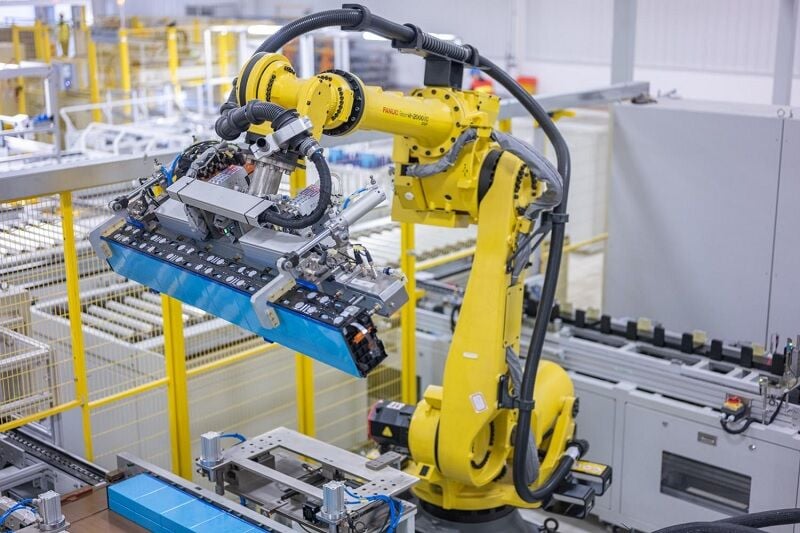MG to produce hybrid electric vehicles in Chon Buri next year

Thailand’s hybrid electric vehicle (HEV) market is set to witness heightened competition as automakers roll out investment plans. The Chinese-Thai joint venture SAIC Motor-CP and MG Sales (Thailand) announced their intention to produce HEVs under the MG brand in Chon Buri by next year.
MG is capitalising on a burgeoning domestic market for HEVs, spurred by the Board of Investment’s (BoI) incentive package designed to promote HEV manufacturing. The Vice-President of MG Sales (Thailand), Pongsak Lertruedeewattanavong, highlighted the potential for new business opportunities in this sector.
“We are considering an investment budget for the HEV production project, which will be finalised soon.”
Automakers aiming to benefit from the excise tax cut incentive must invest at least 3 billion baht to manufacture HEVs domestically, per BoI regulations.
Japanese automaker Nissan Motor Thailand also expressed its intent to focus on HEV production at its Samut Prakan factory, although specific investment details have not yet been disclosed.
MG has already introduced the HEV mid-sized model MG3 Hybrid+, often referred to as the B-segment. Initially, these cars will be imported from China, with plans for future local production.
Up to 40% of HEV components will be procured from local auto parts manufacturers, aligning with the government’s policy to bolster the Thai supply chain, according to the company.
The first half of this year saw a notable increase in domestic HEV sales, even as the overall automotive market slowed due to tighter auto loan conditions amid high household debt. From January to June, HEV sales surged by 69.6% year-on-year, compared to a 6.9% increase for battery electric vehicles (EVs), based on data from the Federation of Thai Industries.
MG has recognised the growth potential of Thailand’s EV industry early on, investing 30 billion baht over the past decade to strengthen its EV business in the country. The company’s Chon Buri factory boasts an annual production capacity of 100,000 cars, including battery EVs and internal combustion engine-powered vehicles.
Pongsak anticipates a rebound in the Thai automotive market in the second half of this year, with sales having already hit their lowest point this year.
We believe financial institutions will start to relax their lending criteria, which will result in buyers being granted more auto loans as he stated.
The company projects total car sales in Thailand to reach between 640,000 and 650,000 units this year, reported Bangkok Post.
Latest Thailand News
Follow The Thaiger on Google News:


























